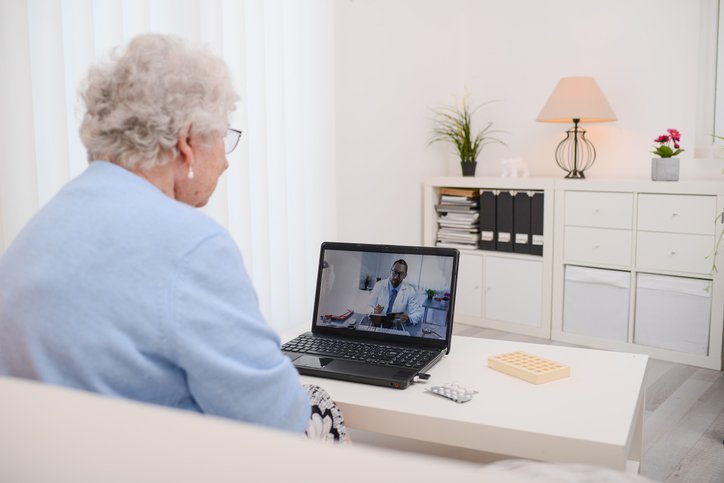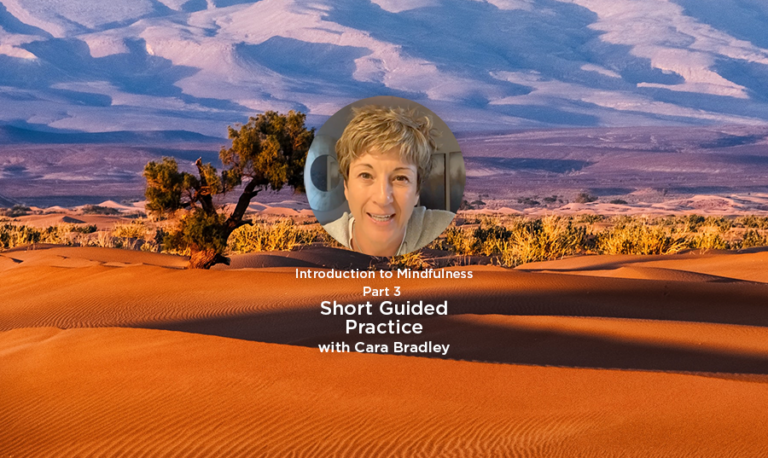Holistic Solutions for Insomnia

Are you one of those people who can rarely get a decent night’s sleep? Do you then feel washed out and experience brain fog the following day? Insomnia is defined as either difficulty falling asleep, staying asleep, early waking or waking tired in the morning. When these symptoms occur at least 3–4 times per week […]
Virtual Reality Provides Lifelike Training For Doctors

Medical schools, training programs and hospitals are always looking for new ways to educate students and new doctors on how to effectively treat patients. Thanks to innovations in virtual reality technology, there are some fascinating new services available to help students practice and improve their abilities in lifelike scenarios.
Avoiding Alert Fatigue and Clinician Burnout While Scaling Virtual Care

The ability to capture and surface data through remote monitoring is a necessary component of a high impact virtual care program. If used effectively, virtual care can dramatically improve patient outcomes, but at what cost? In this article, we discuss a critical obstacle to scaling virtual care that has the potential to dampen its transformative expectations.
Industry Voices – Will the country choose virtual care post-COVID-19? Yes—but only if it’s better

Today, telehealth is largely a matter of convenience—which in and of itself has great value in improving access and lowering costs. But telehealth will prove, in the coming months and years, that it will deliver better primary care to larger numbers of patients—and do so more efficiently than our current brick-and-mortar system. Here’s how…
The Importance of Sleep in the Prevention and Management of Cancer

Sleep is something we all look forward to after a long day but in this fast-paced, hyper-wired world we live in, it’s what many of us aren’t getting enough of. We all know how sleep impacts our energy levels, mental state, hunger and immune system – and this becomes even more critical when you’re dealing […]
Introduction to Mindfulness | Part 3 Short Guided Practice

with Cara Bradley Wholistics is pleased to present Cara Bradley for a short series on the what and how of mindfulness and why training your mind to pay attention on purpose is one of the most important things you can do to feel and perform your best. https://youtu.be/Ezl4_Sd5li0 Cara has been both an entrepreneur and […]
How Virtual Reality Is Aiding Mental Health Care

Due to the recent COVID-19 pandemic, technology has seen an increasing role in healthcare, with the current global crisis bringing a new level of interest into technology-based solutions for many of the ongoing health challenges. However, in recent years, virtual reality (VR) has already begun to be used to assist with treatment of mental health issues, such as anxiety disorders and phobias.
How Physician’s Can Humanize Virtual Care

In the 1930s, physician house calls represented 40 percent of all physician-patient encounters. By 1980, that number had fallen to less than one percent. But the “golden age” of the physician house call has come full circle—albeit in a virtual fashion.
It’s Time To Go All In On Telehealth

The COVID-19 pandemic catapulted telemedicine from an underused, value-added offering in employee benefits plans into the safest, most secure and sometimes only means of accessing health care. Now, as businesses move to reopen, employers need to resist reverting to the traditional brick-and-mortar health care model — and its escalating costs.
More than half of Americans would use virtual care, UnitedHealth Group survey finds

While the rush to telehealth adoption may have slowed a bit from its highs early on in the pandemic, the data show consumer interest in virtual care continues to be piqued. According to UnitedHealth Group’s fifth annual Consumer Sentiment Survey, a survey-record 56% said it is likely they would use virtual care for medical services. Link to original article
